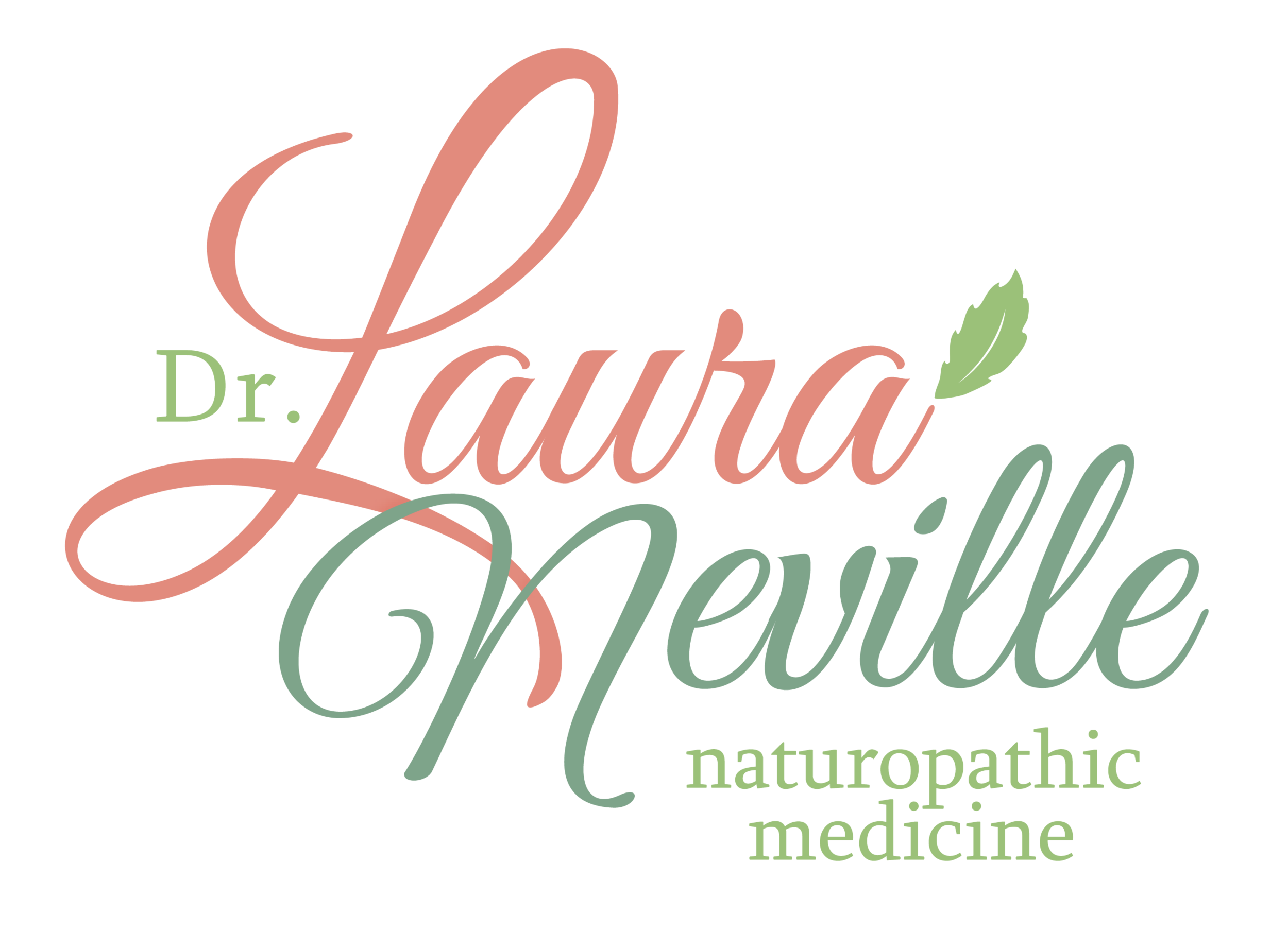Alternative Herbs
Let's do a little herb 101.
I think you will like it.
As a teacher of mine once said, this is how to study Herbal Medicine:
Focus on developing a relationship with the plant
See plants as energetic beings
Study by observing and listening
Look for core essence or the genius of the plant
Know that herbal secrets are revealed to you via the plant through trust and respect
Maintain a beginners mind
Study, practice, reflect
How NOT to study Herbal Medicine:
Focus only on chemical components or clinical research studies
Believe that by tearing the herb into parts you will know more
Memorize lists of therapeutic actions/activity
The first plant category to develop a relationship with . . .
THE ALTERATIVES:
Traditionally known as “blood purifiers” or “blood cleansers”
They alter the body in a non-specific but broadly beneficial way
They treat a wide variety of health issues, especially for general and chronic conditions:
Poor digestive, eliminatory, and circulatory function
Indigestion
Constipation, gas
Liver dysfunction
“Toxemia”
Acne
Chronic infections
Examples of Alteratives:
Taraxacum officinalis - Dandelion
Trifolium pratense - Red Clover
Rumex - Yellow Dock
Berberis species - Oregon Grape, Barberry, and Mahonia
Chelidonium majus - Greater Celandine
Chionanthus virginicus - Fringe Tree
Smilax oronata - Sarsaparilla
Arctium lappa - Burdock
Ceanothus americanus - Red Root
Larrea tridentata - Chaparral
Galium aparine - Cleavers
Urtica dioica - Stinging Nettles
Stay tuned in the coming weeks for more herb 101!
💕
Dr. Laura Neville
